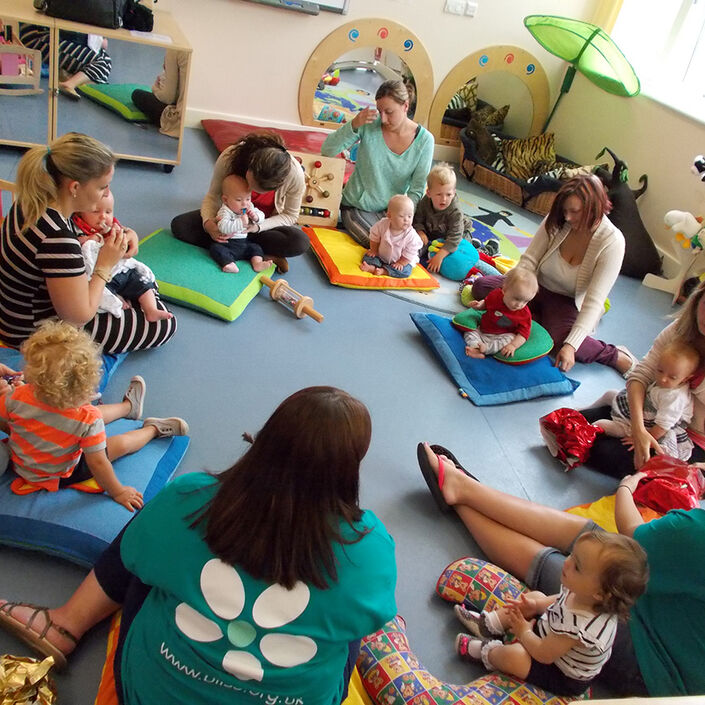The benefits system is complicated and it can help a lot to have advice from an expert. This will make it easier for you to apply and ensure that you get the benefits that you are entitled to.
If you think you are on a low income, you should make an appointment to talk to someone at your local Jobcentre Plus office. They can help you work out what benefits you can get, and show you how to apply. It’s important to apply as soon as possible.
You can ask hospital staff or the Patient Advice and Liaison Service (PALS), as they might know about people who can help you claim benefits.
This could be a social worker, your local Citizens’ Advice Bureau or Jobcentre Plus, or your local council. Try not to feel embarrassed about asking. Health professionals know that having a sick baby causes hardship and pointing the way towards these services is part of their professional role.
Universal Credit is a means-tested benefit to help with living costs. Means-tested benefits are available to people who can demonstrate that their income and capital are below a certain level. Universal Credit is for people of working-age who are on a low income.
Who can claim
To be able to claim Universal Credit, you must:
Universal Credit is currently replacing 6 means-tested benefits. If you are already claiming any of the benefits that Universal Credit replaces, you can carry on getting your benefits. If you have any change of circumstances that means your existing claims for these benefits ends, you won’t be able to make new claims for any of the benefits Universal Credit replaces.
How much Universal Credit you can get will depend on the income and circumstances of all the members of your household.
Visit the government website for more information about Universal Credit.
Child Element
Your Universal Credit will include a child element if you are responsible for a child or qualifying young person who normally lives with you.
Childcare Costs Element
Your Universal Credit will include a Childcare Costs Element if you pay for registered childcare when you go to work. If you have a partner, then both of you must be in work unless the non-working partner has limited capability for work or work-related activity, is a carer or temporarily is not living in the household (for example, because they are in hospital or residential care).
All children and new mothers get some health benefits from the NHS. If you are on a low income, others in your family might qualify too.
Treatment on the NHS is free but sometimes there are costs for prescriptions, dentistry and the optician. If you are on a low income, you may be able to get help with these costs through the NHS Low Income Scheme.
Who can claim
The rules for the NHS Income Scheme are different depending on what part of the UK you live in. So it’s worth checking to see what you can get, whatever your level of income is.
Wherever you live, children get free prescriptions, NHS dental treatment and sight tests. You can also get help to pay for their glasses. The cut-off age for young people depends on whether they are in education and it also varies in different parts of the UK.
Women who are pregnant or who have had a baby in the last 12 months get free NHS prescriptions and NHS dental treatment.
If you have older people in your family, or someone with a disability or long-term illness, they may also qualify for various health benefits.
Apply through the NHS Low Income Scheme website.


